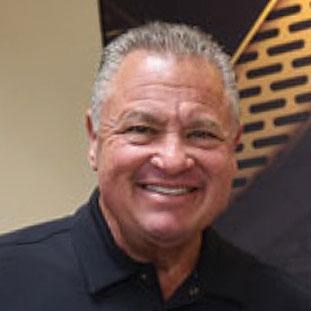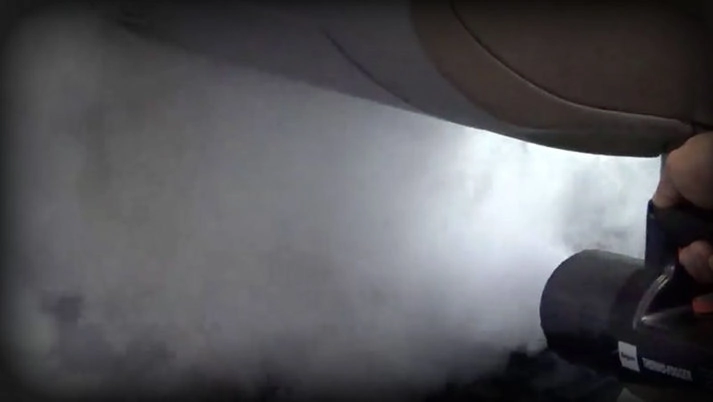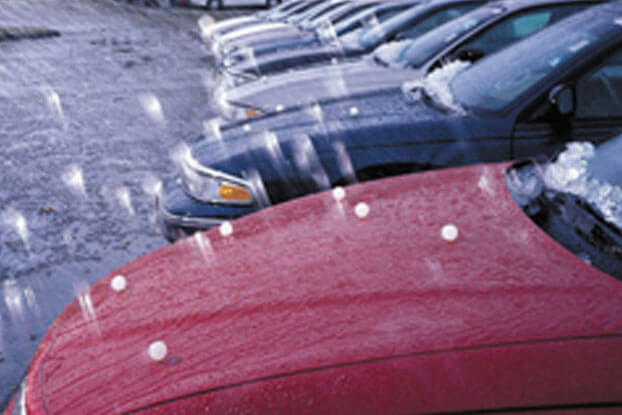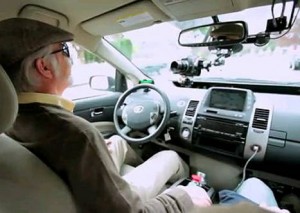Update: Governor Jerry Brown has signed the bill into law, making Google’s driverless cars street legal in the state of California.
Google’s fleet of self-driving Toyota Prius hybrids have now logged more than 300,000 miles on California public roadways without so much as a fender-bender, the company says. Now California Gov. Jerry Brown is poised to sign a piece of legislation, SB 1298 , that would pave the way for self-driving cars for consumers.
Following the example of Nevada and Florida, which have already legalized automated cars for public roadway use, the bill would require the California DMV to draft regulations for automakers and motorists to follow when adopting this new technology.
The Technology
What Google has achieved is nothing short of amazing. Using a complex array of radar, cameras, sensors and GPS navigation, the modified Prius Hybrid creates a 3D image of its surroundings. The car’s brain knows traffic laws better than you do, but any intervention by the person sitting behind the wheel disables the automated system and returns control to the driver.
Since the computer can make decisions like slowing down for a stoplight you will not catch and using the optimum throttle and brake input for any given situation, Google’s Prius is also more efficient than even the most green-friendly drivers can manage. We envision “driverless” toll lanes where traffic can cruise smoothly and evenly at 70 mph in the heart of rush hour traffic.
Driverless Cars: Privacy Concerns
Consumer advocate groups, including the influential Consumer Watchdog non-profit, have urged Brown to veto the bill–it already has passed the State Senate–because it does not contain any language regulating or addressing collection of private personal data, like when and where you drive and what establishments you frequent. Google does not exactly have a sterling record for privacy practices, so this is a real area of concern.
Would you consent to Google tracking your whereabouts and your private information while you drive, then sharing it with advertisers? These are the questions we need to ask as the industry moves into a new era of automation technology.





